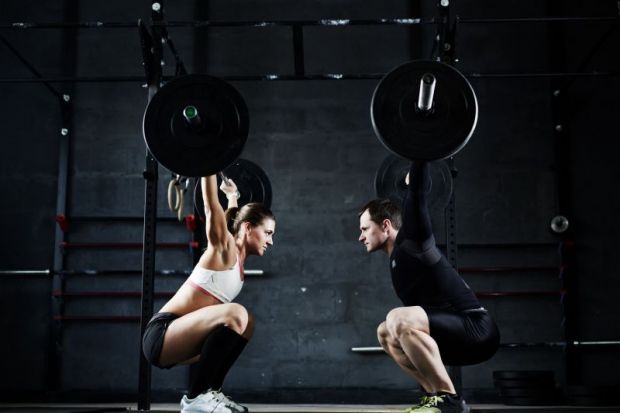“Macho” men who exhibit alpha-male competitiveness and aggression may be skewing pain research by being more likely to volunteer to be tested on their pain responses, a study suggests.
Examining the relationship between traditional gender roles and willingness to participate in human experiments, researchers from the University of Reading and the Federal University of Rio de Janeiro found that men with stereotypically male gender traits were significantly more likely to sign up for pain response studies.
Recruiting 137 student volunteers aged between 18 and 47, scientists asked questions about participants’ biological sex and gender identification before asking them to take part in a pain study.
While a similar proportion of men and women agreed to participate, “men who identified with typically ‘masculine’ roles – men who are aggressive and competitive – signed up at a far higher rate”, said Tim Salomons, associate professor of psychology at the University of Reading.
According to Dr Salomons, the discovery not only suggests that pain studies may not accurately reflect population demographics, but may also alter scientists’ interpretation of observed difference between men and women.
“Contrary to the popular belief that women can endure more pain, research consistently shows that men have higher pain thresholds,” he said. “Our paper suggests that this effect might be inflated by recruitment and reporting biases. Previous studies link gender identification to pain threshold, so if we’re recruiting more ‘macho men’, it stands to reason that men will appear more tolerant.
“We also know that men report less pain if the experimenter is a woman, suggesting that they might report less pain to appear manly,” he added.
Previous studies have shown that women report pain more frequently than men, utilise more healthcare resources for pain relief, and are more likely to question the success of their healthcare after treatment. This has often been attributed to the male tendency to under-report pain as a result of stereotypical gender expectations.
The results of the Reading experiment suggests that rather than being more sensitive to pain than men, women may simply be less motivated to show off by hiding or denying the pain that they are experiencing.
“It certainly opens up questions about how perceived gender roles affect what we observe in studies and what influence social upbringing and internal attitudes towards gender roles would have for pain management,” said Dr Salomons.
Register to continue
Why register?
- Registration is free and only takes a moment
- Once registered, you can read 3 articles a month
- Sign up for our newsletter
Subscribe
Or subscribe for unlimited access to:
- Unlimited access to news, views, insights & reviews
- Digital editions
- Digital access to THE’s university and college rankings analysis
Already registered or a current subscriber?




